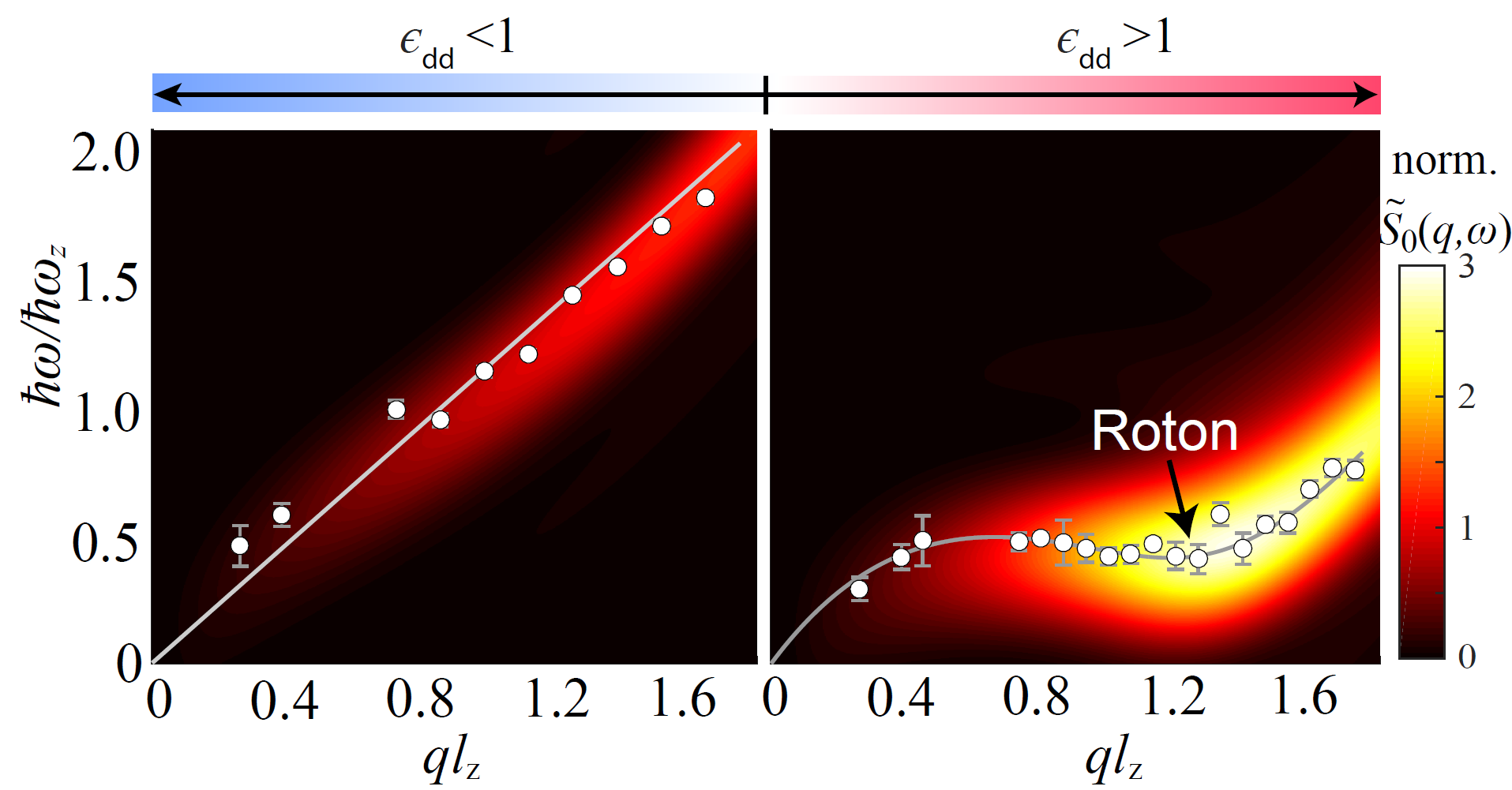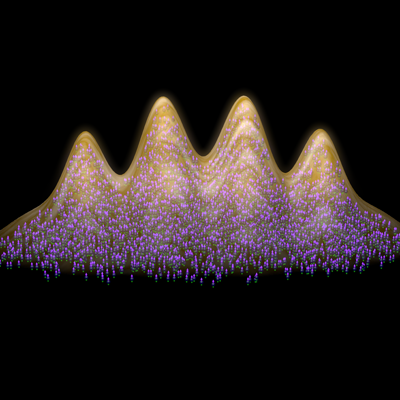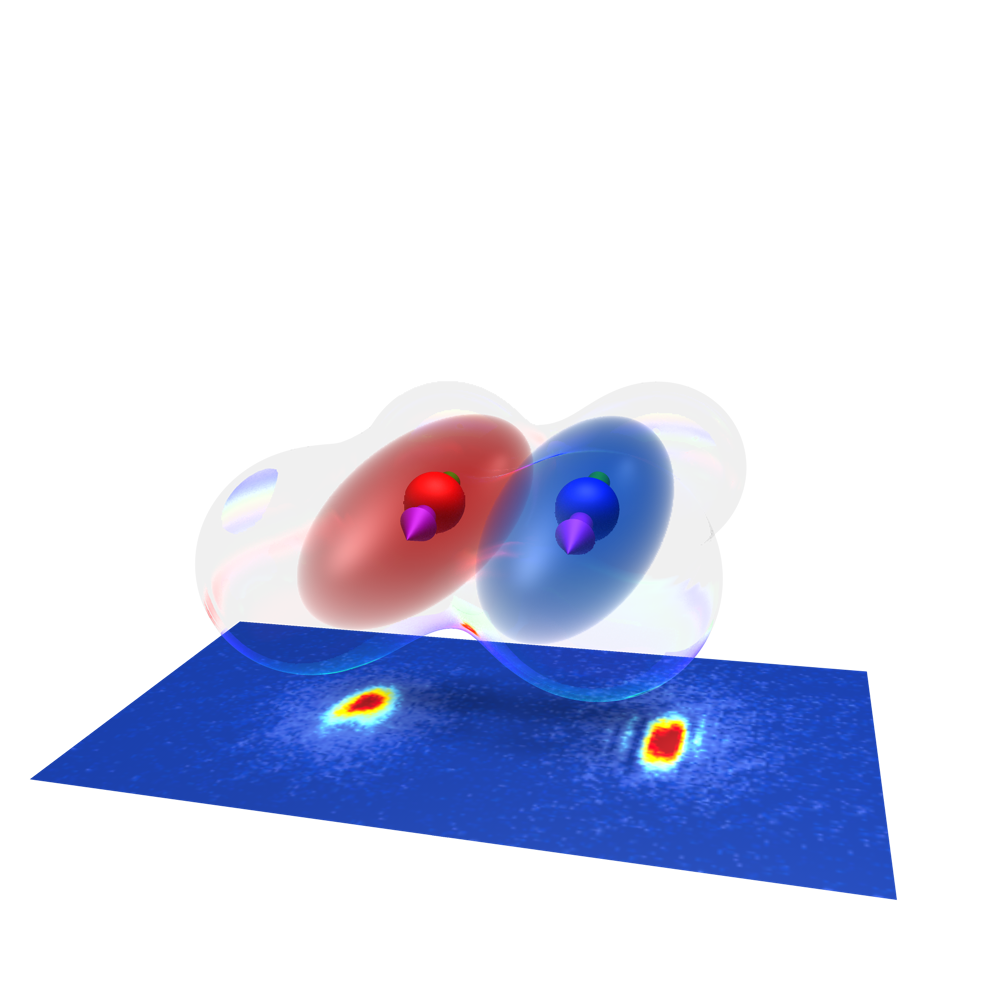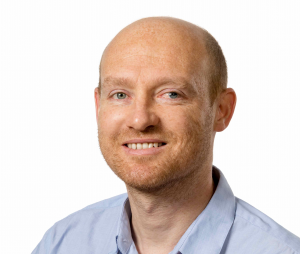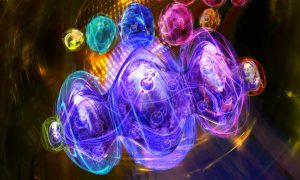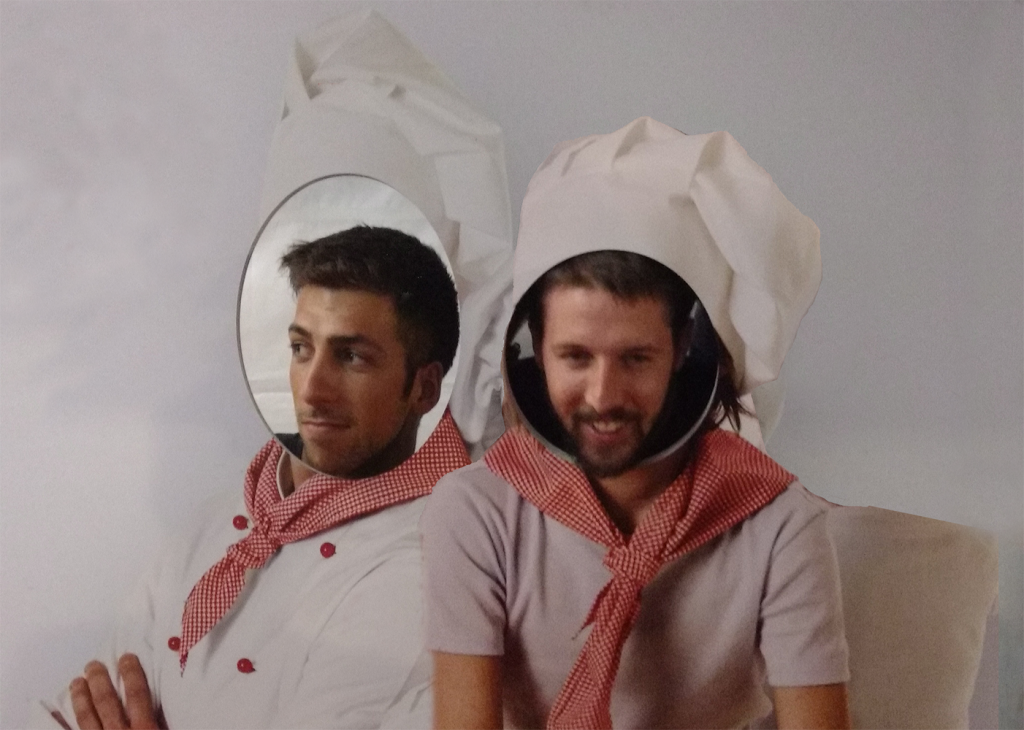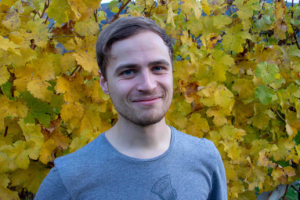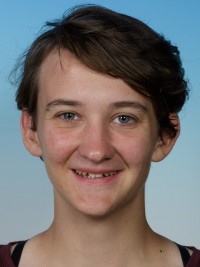
2024 PhD Openings!
We are happy to announce that our dipolar quantum gas group has two PhD positions open for 2024/2025!

Murder Mystery Dinner
Our 2024 group dinner took place on the 18th of January at CasoinN da Giorgio restaurant, with a 1920’s Murder Mystery theme!

Christmas celebration
Our team participated at the christmas celebration of the Institute, this time at a hut above Innsbruck!

Glitches in supersolids: links between neutron stars and quantum matter
By emulating the connection between a rotating supersolid phase and an external solid phase, we were able to replicate “glitches” – sudden jumps in the solid angular momentum driven by quantum vortices leaving the supersolid.

Cluster of Excellence Quantum Science Austria granted
Three Clusters of Excellence in Innsbruck have been funded! With highly endowed clusters of excellence, the Austrian Science Fund FWF creates Austrian flagships of basic research. The University of Innsbruck will coordinate the Cluster of Excellence for Quantum Sciences.

Atoms in Tweezers
In the T-REQS lab we have now loaded atoms in our optical tweezers.

Vortices in a dysprosium gas
By stirring the magnetic field which polarizes the atoms in a dysprosium condensate, we were able to generate vortices–tiny quantum tornadoes–in a dipolar gas for the first time!

Bloch Oscillations
By letting an erbium quantum droplet fall under gravity through an optical lattice, it is possible to understand the inter-atomic interactions and quantum fluctuations through variations of the Bloch oscillation.

ERC Advanced Grant DymetEr has been funded!

Happy 10th Birthday to the first Erbium BEC!
Our group studies dipolar quantum gases made of Erbium (Er) and Dysprosium (Dy) atoms. These extraordinarily magnetic species are a powerful new resource for reaching quantum simulation with strong connectivity, in which each atom is coupled to the other over long distances, and exploring exotic phases of matter that have no classical counterpart.
We have three labs: the ERBIUM LAB, where Er was Bose condensed for the first time ever, the Er-Dy LAB which studies quantum dipolar mixtures under a quantum-gas microscope, and the T-Reqs LAB, where we trap Er atoms in arrays of optical tweezers for Rydberg physics. Recently, we have established a theoretical subdivision aimed at studying and predicting dipolar phenomena in dipolar quantum gases and mixtures.
The group, led by Francesca Ferlaino, is jointly located at the Institute for Experimental Physics (IExP) of the University of Innsbruck and at the Institute for Quantum Optics and Quantum Information (IQOQI) of the Austrian Academy of Sciences, and it is part of the Innsbruck Center for Ultracold Atoms and Quantum Gases.
Follow our group’s updates on  .
.
News from the labs
In quantum physics, the spectrum of elementary excitations dictates the way a quantum system behaves and reacts to perturbations. Hence, in superfluids, the possibility of frictionless flow is encoded in their excitation spectrum.
Keep Reading ...
In a joint work from the RARE and ERBIUM team as well as our theory collaborator from IQOQI, Rick van Bijnen, we have observed hallmarks of supersolidity in dipolar quantum gases of Erbium and Dysprosium. Our work is highlighted in a Viewpoint article in Physics by T. Donner.
Keep Reading ...
Now on Physical Review Letter! We have created for the first time a dipolar quantum mixture by combining two highly magnetic atomic species, Erbium and Dysprosium. The experiment has been conducted in the RARE Lab and we observe simultaneous quantum degeneracy of 5 Bose-Bose mixture and a Bose-Fermi one.
Keep Reading ...
Group news
Russell has been awarded one of only six ESQ Discovery Project grants this year. The Discovery Programme supports new ideas and innovative research that go beyond traditional thinking.
Keep Reading ...
Now in Nature Physics! Supersolids are fluid and solid at the same time. In jointly collaboration work, together with Thierry Giamarchi, theoretical physicist from the University of Geneva, we have for the first time investigated what happens when such a state is brought out of balance.
Keep Reading ...
Philipp and Gianmaria held their defenses for their PhD thesis and are now officially Doctors of Philosophy. Congratulations and we wish you all the best for your future!
Keep Reading ...
Welcome and goodbye
Benedict Hochreiter has joined the T-REQS team for his master thesis. He will concentrate on Rydberg physics in multi electron atoms.
Keep Reading ...
![]() .
.










